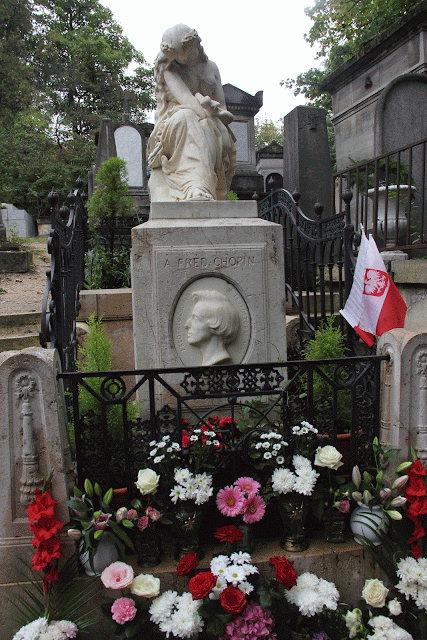Some people to whom I have mentioned this have dismissed it as being tedious and boring to listen to, but I found it anything but. Each of the 48 little pieces in each book is fresh and inventive no matter how many times one hears them, and hearing them played as a group in a packed concert hall was especially interesting. Schiff performed them with only short pauses between pieces; maybe because I have listened to them so many times, the progression between each sounds inevitable to me. There was an intermission after No. 12 -- as the New York Times reviewer suggested, maybe more for the audience's benefit than for the performer's:
I didn't totally like all of his choices of tempi, but the thing about Bach's music is that it can be played just about any way, and it survives. And there's no way one can't respect a performer who can play through all 48 preludes and fugues from memory with subtle musicality and technical mastery.
My husband was wondering if performers at that level are ever overwhelmed by having to perform a huge work like this. I suspect that if you are at the stage where you can realistically contemplate doing so, you are beyond more than minor nerve issues. We stopped by the hall to pick up our tickets about an hour before the concert, and as we were leaving, Schiff was just arriving -- and he looked calm enough to me.
We have tickets to hear him play Book 2 tomorrow night here in Maryland; I hope the weather we're having doesn't cause the concert to be canceled.

